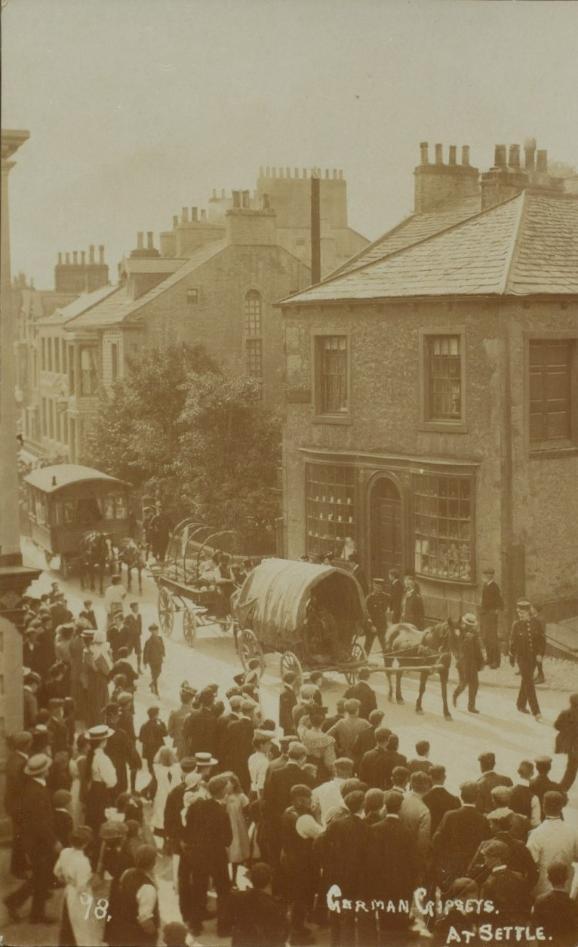Research Action
Research on the Romani migrants themselves focuses on groups that travelled to Britain between 1904 and 1906, some of whose names and histories are known from the work of other scholars and the 2019-22 project. They sojourned in Britain for months at a time, earning money through performances and horse dealing and hounded by the police and the popular press, until a pretext was found to deport them. The aim of this phase of the research is to piece together scattered data on who the travellers were, where they came from and where they returned to, and how they organised their travels. It involves an intensive survey of the British, German, Belgian and Dutch press as well as research in local and national archives in all four countries.
Research in governmental and diplomatic archives is providing new insights into developments at the level of policy and policing. And we are also hopeful that it may be possible to find traces of the events in the memory of Sinti and Roma families.
Working in Partnership
Jointly funded by the AHRC and the German funding council (DFG) the project is a collaboration with PD Dr Felix Brahm at the University of Bielefeld. Its main non-HE partner is the German Historical Institute London.
The success of the project will depend on the co-production of historical knowledge through active cooperation with members of the Romani community. The principal non-academic partner is the Niedersächsischer Verband deutscher Sinti e.V. (Lower Saxony Association of German Sinti), in the person of its Sprecher, scholar and activist Mario Franz.
Outputs and Outcomes
In addition to journal articles, two edited volumes and book chapters, the main output of the project will be an interactive map tracing the trajectories of selected groups of migrants. The map, accompanied by a short monograph, will be both a research tool (making clear as it develops where there are gaps in our data or questions we have not asked) and a medium for engagement with wider communities. Members of Romani communities and other stakeholder groups (policy practitioners, archive and museum professionals, and others) will be invited to comment on the work as it develops.
Postcards like the below were produced in large numbers. They are an important source for the project research:

© By Courtesy of the University of Liverpool Library, Scott Macfie Gypsy Collections 2/3/1/23